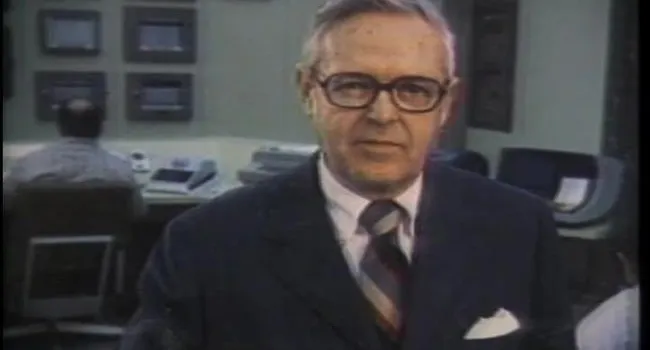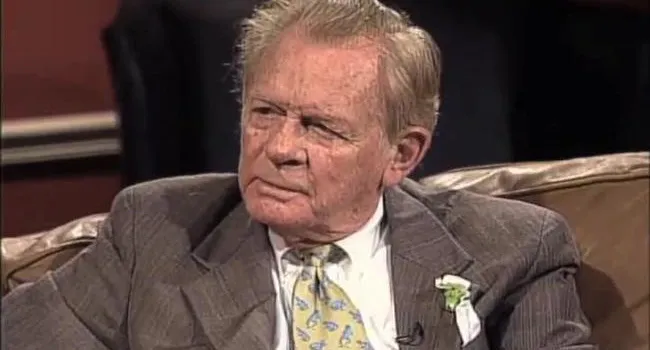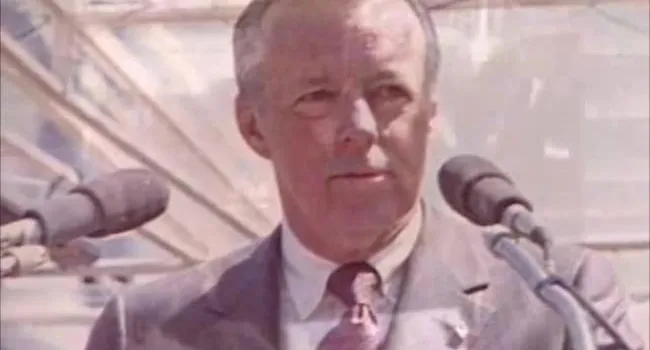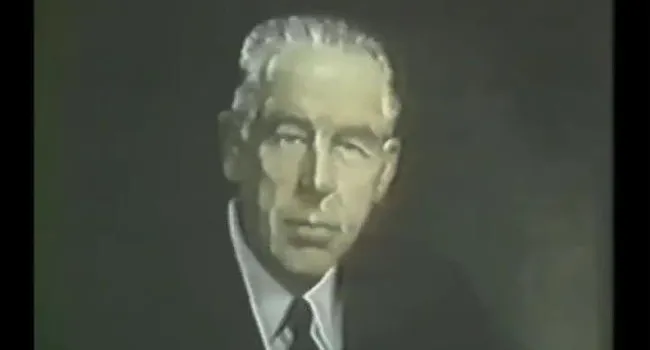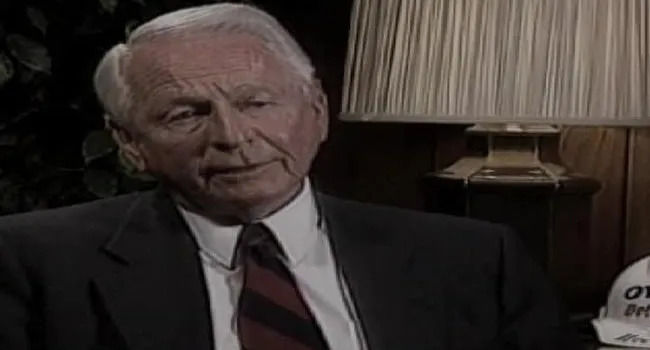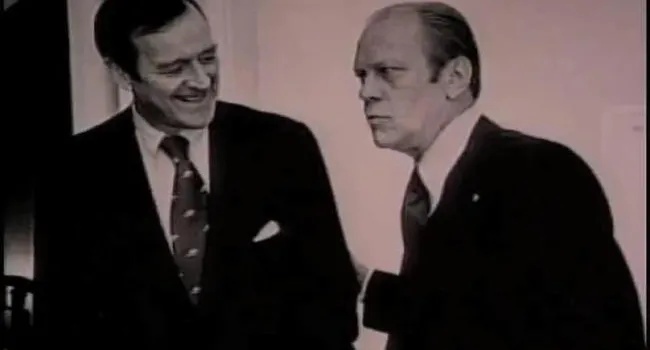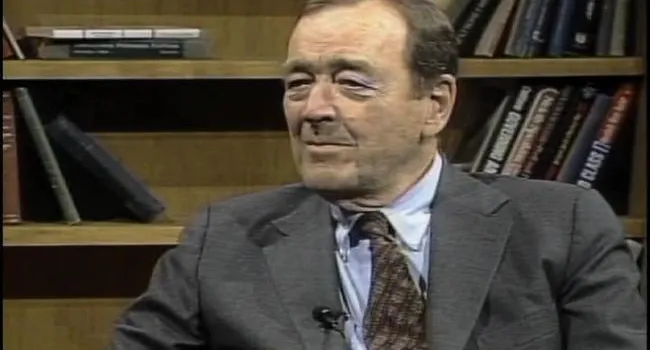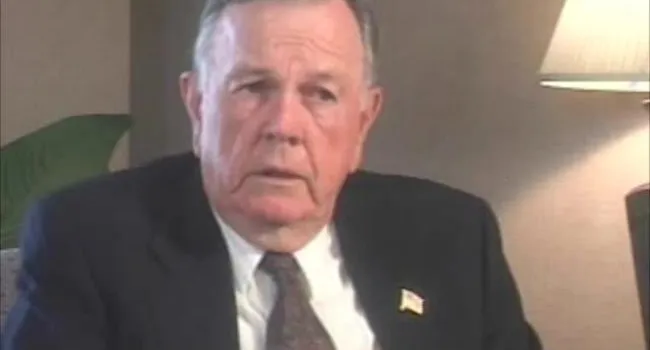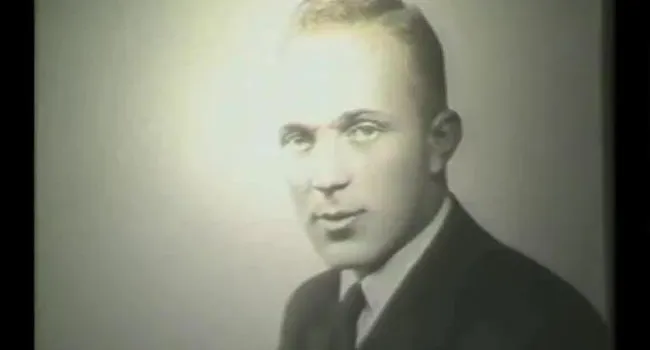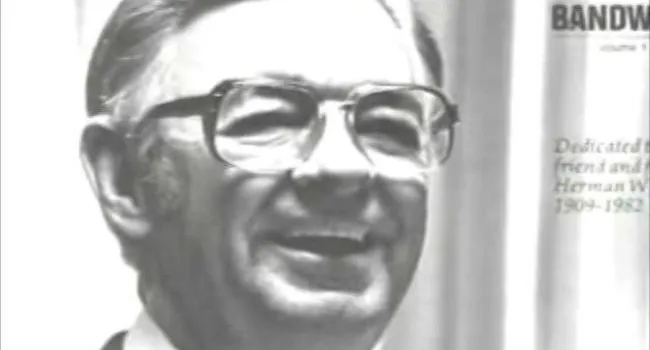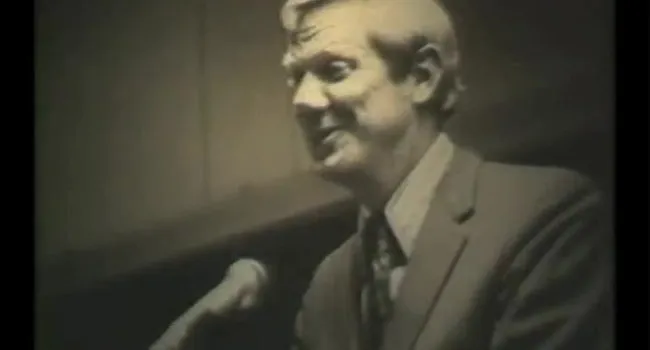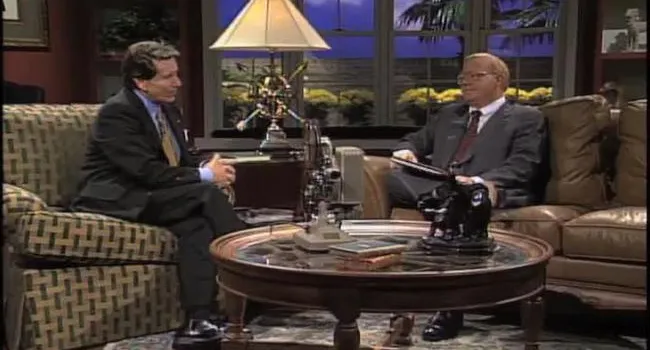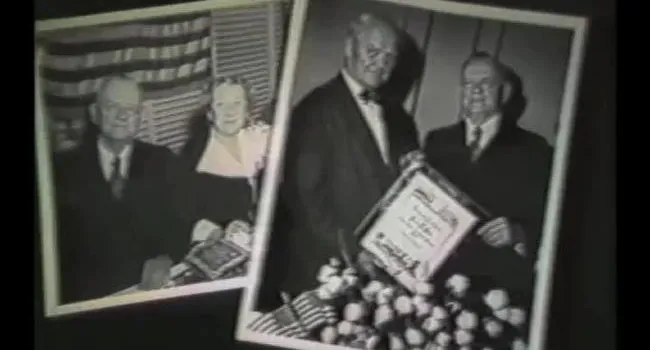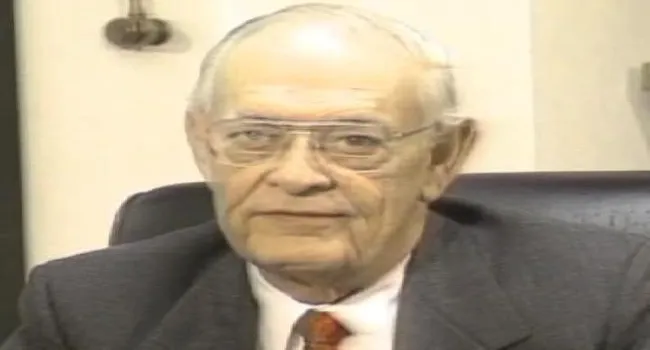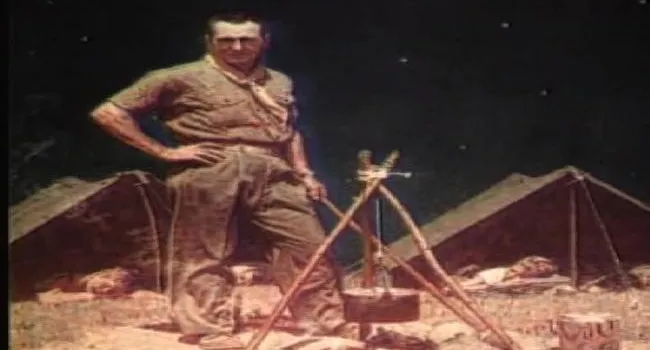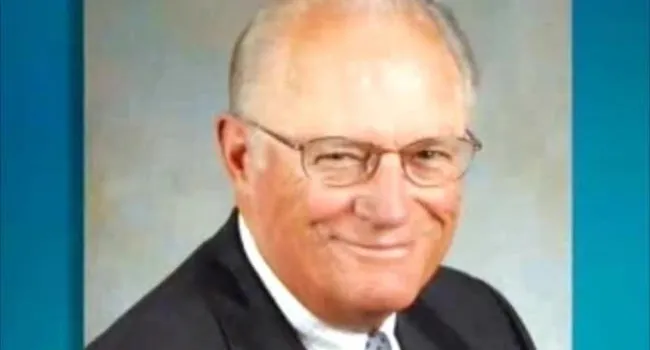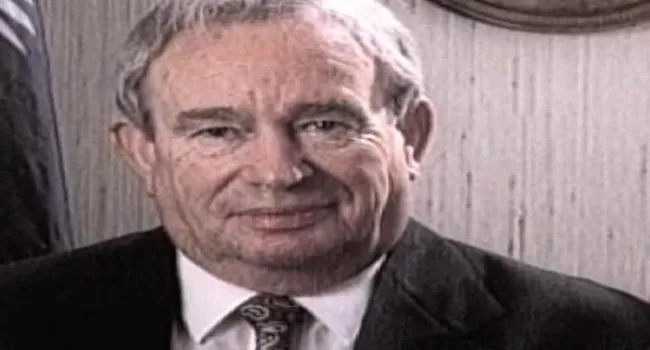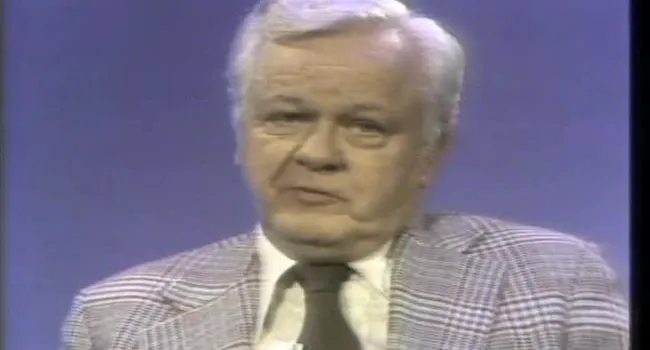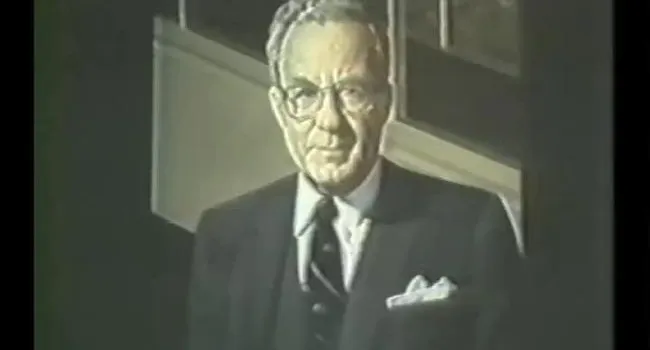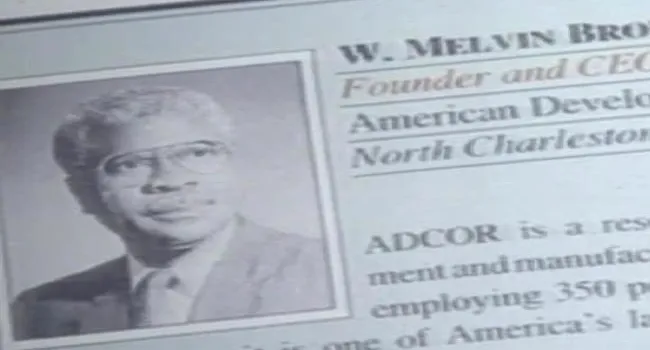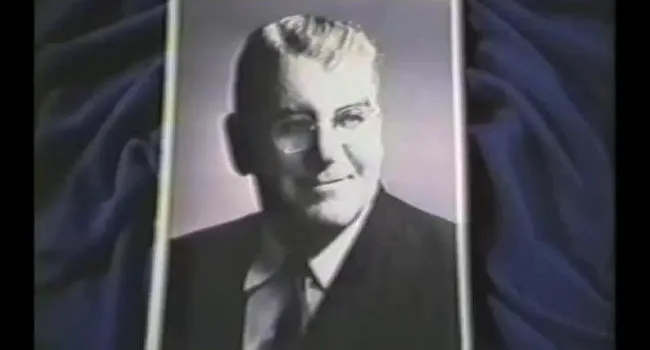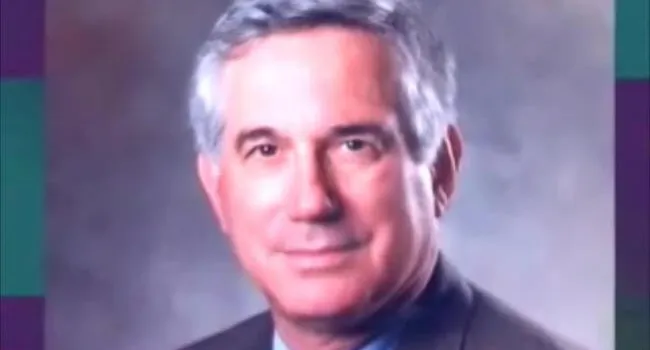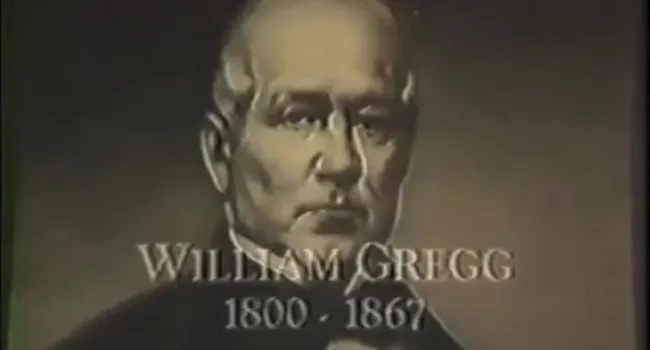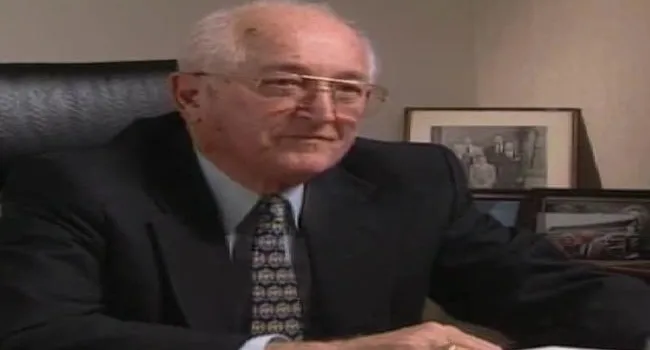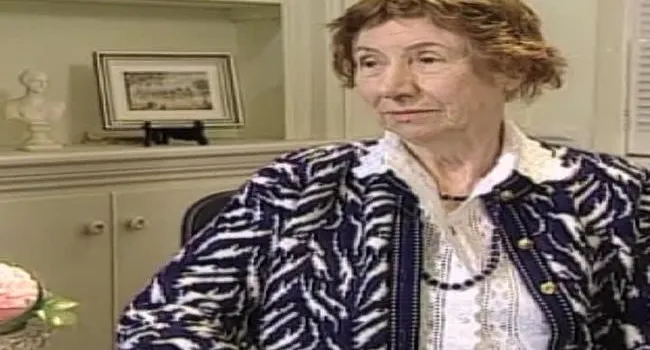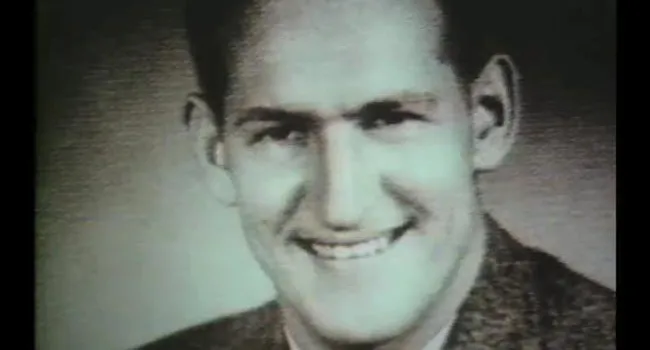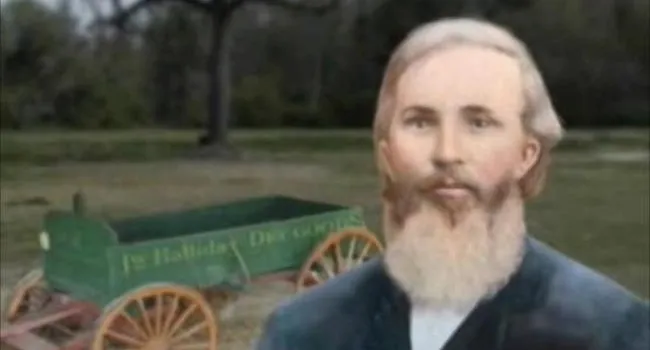James Lide Coker (1837–1918)
Farmer, father, soldier, businessman, merchant, banker, railroad man, industrialist—those are only a few of the titles describing James Lide Coker, who for nearly 60 years after his return from the War Between the States was more widely known as "the Major."
He was born January 3, 1837, in Society Hill, the son of Caleb and Hannah Lide Coker. He was educated at The Citadel, and prior to starting his career in agriculture, he attended Harvard for a year to study the scientific principles of farming.
He was engaged in farming in Hartsville when the Civil War began, and he answered the call with his infantry company. In October 1863, he was wounded at the battle of Chickamauga, and after a time as a prisoner of war, returned home to spend the rest of his life with a shattered hip.
The war injury did not dim the ambition of James Lide Coker. He entered into the plantation economy of that day with the stubborn conviction that the South's future hinged on the introduction of scientific principles to farming and on the development of industry.
By the end of 1864, the Major was getting around on crutches and making plans for planting a cotton crop the following spring. In March of 1865, Coker set out with a large box of food supplies for the Confederate forces in Richmond. On the return trip to Hartsville, he learned that Sherman's army was in the Pee Dee, so he carefully made his way back home. However, Sherman and his men had already destroyed the Coker farm. The stock had been driven away or butchered, wagons and carts had been hauled away, all cotton bales had been burned, and everything of value in their home had been taken away.
When the war ended in April 1865, the Coker family began rebuilding. Caleb Coker had fought for and kept the store in Society Hill. In Hartsville, although Sherman's army had left no work stock, Major Coker had cotton seed and seed corn, which he planted with the use of an old sore-back mule and a pair of oxen borrowed from an uncle. He planted 60 acres of cotton and 40 acres of corn, which yielded 25 bales of cotton and 300 bushels of corn. At the prevailing prices, 25 bales of cotton brought $1,700.
In the summer and fall of 1865, with his father as a partner, Coker converted the old plantation commissary into a store. He later wrote that it was his father's credit and good name that secured goods for the business.
Caleb Coker's death in 1869 brought about changes. The Major's son, William, took charge of the farming operation at Society Hill and joined his father's brother, Lewis, as a partner in the store there. At Hartsville, Major Coker farmed with success through careful, thorough management. His store, although still modest, was not disappointing.
In 1874, he joined George Norwood in a factorage and commission merchant business in Charleston. Norwood furnished $25,000 and the Major scraped together another $5,000 by mortgaging some land. In 1881, he left the partnership with Norwood. His share in cash, bonds, and notes came to a little less than $75,000, money he could invest in industrial development if he wished. That same year, he became the largest stockholder and first president of a bank in Darlington, the only bank in the area.
In 1883, Coker organized Darlington Manufacturing Company. As was the custom in establishing Southern cotton mills, there were a number of local subscribers in small amounts. The Major, however, was the majority stockholder and president.
In 1886, Major Coker decided to concentrate all his interests in Hartsville. His store was successful, and the railroad he had built promised to revolutionize business in the town.
In 1890, Major Coker and his eldest son, James, began a search for a way to turn Southern pine into pulp for papermaking, and by 1893, they had perfected a process. Shipping costs for the pulp made this business unprofitable, so Coker purchased his own papermaking equipment. That resulted in the formation of Carolina Fiber Company.
There were few nearby customers for paper, so in 1899, the Major organized the Southern Novelty Company, later renamed Sonoco Products Company, to use some of the paper to produce cone-shaped yarn carriers.
The cones, used by the textile industry for storing and transporting yarn, remain in wide use today, and Sonoco is still the world's leading supplier. Coker was the company's first president, and he remained in office until his death June 25, 1918.
Coker was the driving force in the establishment of Welsh Neck High School, which later became Coker College. His store became Coker's Department Store, an institution that served Hartsville and surrounding communities for more than 100 years.
Coker served his community as mayor of Hartsville and as a member of the state House of Representatives, where he introduced the state's first legislation seeking free public schools.
Of all that has been said and written about Major Coker, the words that best describe his philosophy came from his grandson, Charles W. Coker. "Major James L. Coker had some pretty definite ideas about a variety of things. His strongest principle, however, was an absolute inflexibility between what was right and what was wrong. He believed very strongly in the dignity of human beings, and this has been one of the basic philosophies of Sonoco's employee relations policy, customer relations policy, and our stockholder relations policy throughout the years."
Major Coker married Sue Armstrong Stout in 1860, and they were the parents of nine children, six of whom survived childhood: Margaret, James L., Jr., David R., William C., Jennie, Charles Westfield, and Susan.
He was inducted into the South Carolina Business Hall of Fame in 1986.
© 1999 South Carolina Business Hall of Fame
---
Charles W. Coker (Born May 10, 1933)
Charlie Coker has spent nearly 30 years guiding the fortunes of Sonoco Products Company of Hartsville, and his tenure as chief executive officer is best characterized as a period of unprecedented growth.
In 1970, when he succeeded his father as president, Sonoco had annual sales of $125 million, there were 6,000 employees, and its operations totaled 61. By 1998, when he moved from chief executive officer and chairman to chairman, Sonoco had annual sales of $2.56 billion and its 16,500 employees were stationed at more than 275 locations in 85 countries on five continents.
Charles Westfield Coker was born May 10, 1933, in Hartsville, the son of Charles W. and Elizabeth Howard Coker. He graduated from Woodberry Forest School in Orange, Virginia, and received a bachelor of arts degree in history from Princeton University. In 1957, he was awarded a master's degree in business administration from the Harvard Business School.
There was never any question about his interest in working at Sonoco. "I always wanted to be employed here," he once said in an interview. "It was always what I wanted to do, but my father told me early on that the fact that my name was Coker didn't guarantee anything."
He began his full-time employment at Sonoco in January 1958. He became executive vice president in August 1966, and was named president in 1970. He assumed the duties and responsibilities of chief executive officer in August 1976 and, in June 1990, was given the additional title and responsibilities of chairman of the board.
In April 1998, Peter C. Browning was named chief executive officer, while Coker maintained the duties and responsibilities of board chairman.
Sonoco was established in 1899 as Southern Novelty Company by Charlie Coker's great-grandfather, Major James Lide Coker, in partnership with W. F. Smith. They capitalized the company at $6,000, and Major Coker served as president. The company's primary product was paper cones for yarns used in textile mills. There were six customers.
In 1999, Sonoco celebrated its centennial year and could look back on a century of remarkable growth. From a single-product operation, Sonoco has become a packager to the world, and its products are found in pantries and plants around the world.
More than 18,000 global customers depend on Sonoco for engineered industrial carriers, composite cans, flexible packaging, capseal liners, grocery bags, protective packaging, fiber partitions, wooden and metal reels, injection molded and extruded plastics, adhesives, and machinery.
Sonoco began recycling newspapers and corrugated boxes in the 1920s, long before concern for the environment and conservation of natural resources became fashionable. Today, Sonoco is one of the world's leading consumers of paper wastes and is one of the world's top producers of recycled paperboard.
As Sonoco CEO, Charlie Coker often spoke of "minding the store," which meant close attention to costs, careful research for markets, providing customers what they want, development of new and improved quality products, and rewarding employees.
A close associate once told an interviewer, "I have never known anyone who has a more genuine concern for people or who has a better one-on-one rapport with his employees than Charlie Coker. In spite of the company's growth, which he has championed so well, Charlie is determined to zealously guard and maintain the people-oriented culture that has been the company's hallmark for over 90 years. His heart is still with the people, and he will quickly tell you it is the people who have made Sonoco what it is."
In commemorating its centennial year, Sonoco commissioned a sculpture in bronze to honor its team members—past, present, and future. The sculpture, titled "People Build Businesses," is located in front of the company's corporate headquarters in Hartsville.
Coker is a director of Sonoco, Bank of America, Springs Industries, Carolina Power & Light Company, and Sara Lee Corporation. He is also chairman of the board of Hollings Cancer Center at the Medical University of South Carolina.
The South Carolina Chamber of Commerce honored him as its Businessman of the Year in 1985.
Active in civic and business affairs, Coker is a past president of the Hartsville Rotary Club and the Pee Dee Area Council of the Boy Scouts of America. He is a recipient of the Silver Beaver Award for outstanding service to Scouting. Charlie Coker and Sonoco Products Company have been loyal supporters of education at all levels. Sonoco led in funding the South Carolina Governor's School for Science and Mathematics at Coker College and is leading a campaign to raise money to build a new home for the school on land donated by Milliken & Company. Sonoco is also a major supporter of Junior Achievement in Darlington County.
Coker is married to the former Joan F. Sasser of Conway, and they have six children and 19 grandchildren. The Cokers are Presbyterians.
Charlie Coker shares a distinction with Major James Lide Coker. They are the first great-grandson and great-grandfather to be laureates of the South Carolina Business Hall of Fame. Major Coker was inducted in 1986, and Charles Coker entered the Business Hall of Fame in 1991.
He was inducted into the South Carolina Business Hall of Fame in 1991.
Charles W. Coker died on June 27, 2024.
© 1999 South Carolina Business Hall of Fame


